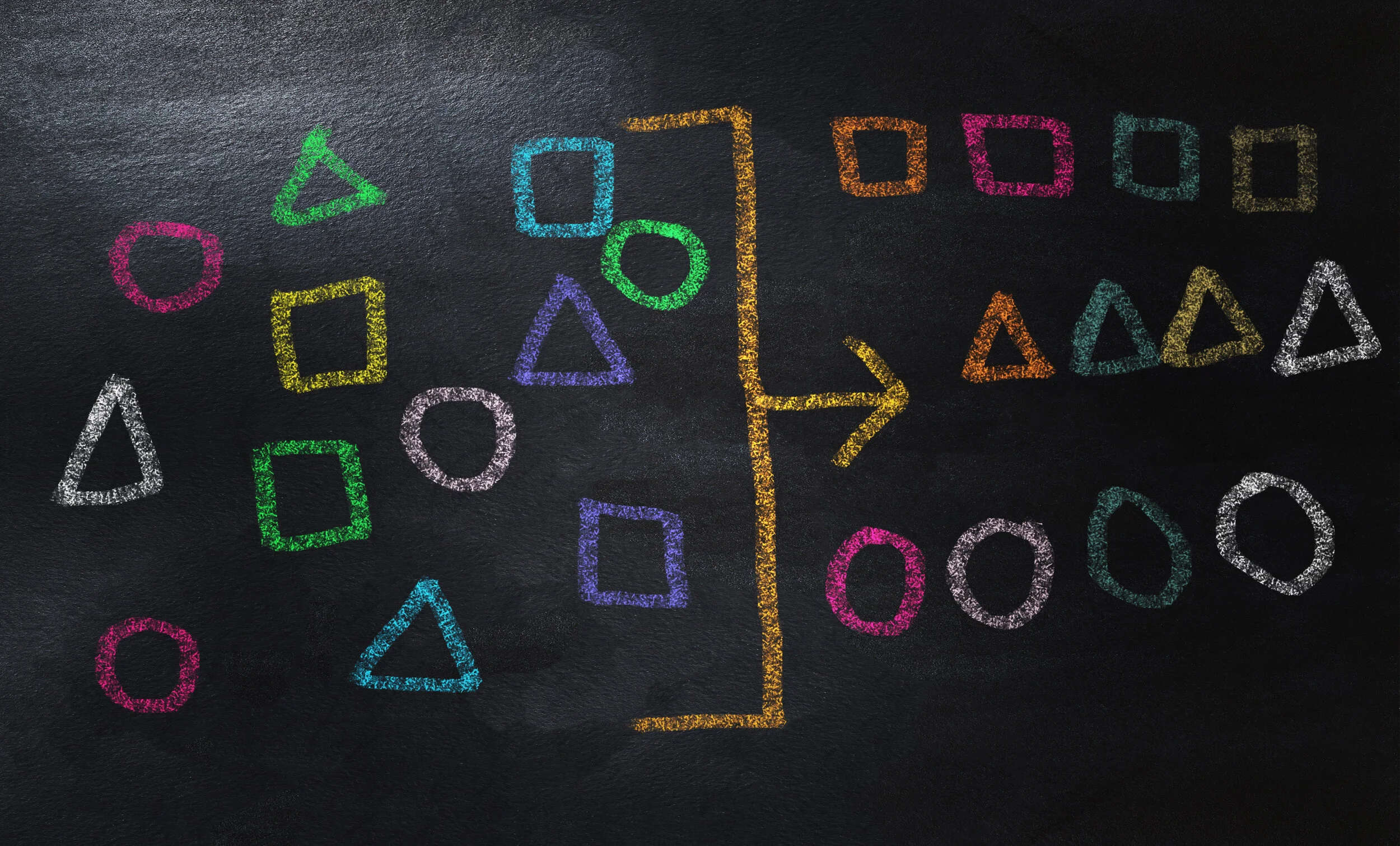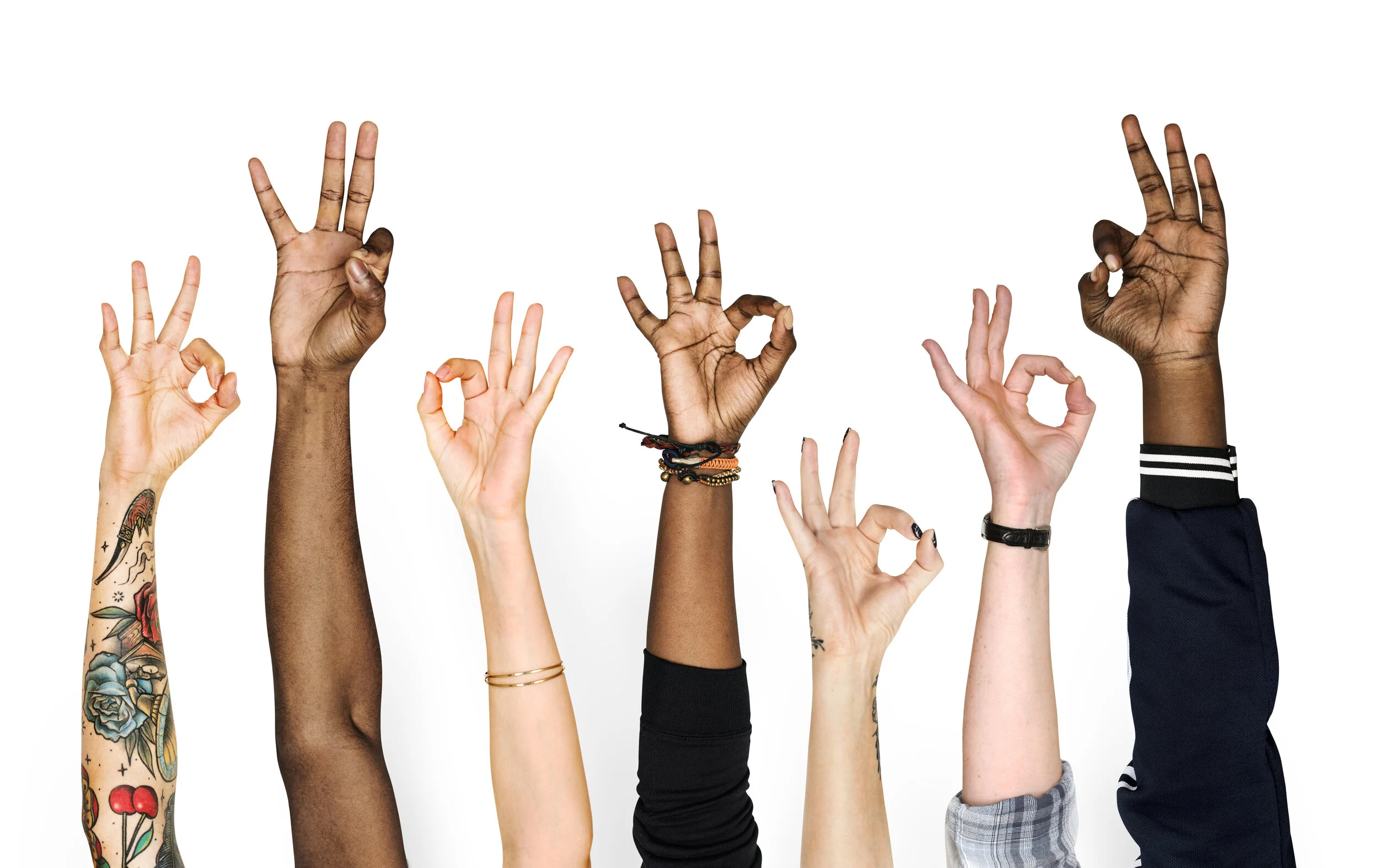How can we get along with others during this divisive time? How can we even tolerate the extremism that is playing out on social media and in the news? Here are some tips. These will help you to stop judging others so you can more easily get along with others.
Stop Labeling People
Why do we label people? It’s a simplified way to make sense of our world. In its destructive forms labeling comes from stereotypes or labels are used to discriminate. Most brutally, labeling can used to de-humanize others by referring to them with animal names to devalue them even further.
The truth is, bad is part of the human condition. We are all bad at something, have flaws, and fail in some ways. Good is also part of the human condition. We’re all good at something, feel love, and succeed. Labeling someone as ‘good’ or ‘bad’ only confirms our own bias. Good and bad are subjective.
Any one of us will make errors if we focus too much on either the good or the bad in others. It leads to unwise opinions. Let’s say I meet someone and think, ‘You’re too thin!’ or ‘You’re too fat!’ ‘You’re too this!’ or ‘You’re too that!’ If I focus on what I consider bad about them, I will miss what is good. The person could be as funny as Jerry Seinfeld or as wise as Solomon, but I will never get to know them if I focus only on their bad characteristics.
On the flip side, let’s say I meet someone who is very funny and good looking. I fall in love with them and ignore the signs of dysfunction I see. Pretty soon I’m married to Archie Bunker and tiptoeing around to avoid upsetting him because I’ve only focused on the good in him.
Every one of us is a mixed bag of both good and bad. Instead of coming up with a simple label for people, see them as a collage of many characteristics so that you’re looking at the whole package.
Accept the Good and Bad – 5 tips
How do you accept both the good and bad characteristics in others?
Start by accepting the good and bad in yourself. If you see yourself as always correct, completely knowledgeable, and without flaw, it will be difficult to accept others. They must meet your standard of , . . . well, you, to be accepted. But when you understand that you make mistakes, don’t always know the answer, and have room for improvement, you can accept that in others.
Be Reasonable - Social media and the news are meant to get our attention. To do that, they need to push ideas and people to an extreme. We lose our sense of reasonableness when we follow extreme language or believe rare and bizarre ideas. We lose our tolerance for differences when we stop being reasonable.
Be Strong - The third way to accept both the good and bad in others is to have a strong sense of self. This allows you to stop being defensive about other people’s opinions. When you are strong, you don’t take differences personally; afraid their differing opinion can wound you. A strong person does not always have to have others agree with them.
Be Courageous - A courageous person is fearless. They understand the perils of living with imperfect people, attending imperfect events, or living under imperfect policies. A courageous person knows they can handle whatever comes their way.
Grace - The fifth way to accept both the good and bad in others is to give grace. Give it to others. Give it to yourself.
Evaluate people by being discerning
To be discerning means to show good judgment. I don’t know anyone who wants to have bad judgment. But many of us, however, do. To make good judgments, we need to look at the expectations, values, and experiences of both yourself and others.
Expectations
We all have expectations of both ourselves and of others. The key to getting along with others is to understand we each have different expectations. Just like you wouldn’t expect me to play piano like Billy Joel, you can’t expect others to have the same ideas as you when it comes to getting things done, being a good parent, or appropriate activity on Facebook.
You may have similar expectations to those you’ve surrounded yourself with. But when it comes to those you don’t know personally (even those you think you do because you follow them on Instagram) their expectations and yours can be drastically different. Your favorite celebrity probably has different expectations when it comes to the quality of their clothing and the lighting when they take selfies. Likewise, random strangers will have different expectations than you do when it comes to things like success or kindness.
When we show good judgment and allow others to have different expectations than we do, we will get along with them better.
Values
Just like expectations, values vary greatly between people. I may value hard work and you may value time off. One person values creativity and another values order. Your friend may value their hobby of restoring old cars and you value your hobby of tennis.
Many of these differences don’t cause trouble. But when one person values conservative principles and another liberal values, sparks begin to fly. How about men’s and women’s roles? Watch out! Should children be obedient or free to express themselves? It depends. The waters begin to muddy.
Who is right? Both are. We each get to choose what we value. When I am discerning, I will allow people to live their lives according to what they value instead of what I value. It helps us get along better.
Experiences
Each one of us has had our own experiences. These shape our life and cause us to behave according to the memories that have been created.
I do not know about all your experiences, and you do not know about all of mine. Let’s say someone has experienced abuse, war, discrimination, trauma, or loss. They react angrily to a situation I don’t think is any big deal. I will judge their behavior as wrong simply because I don’t know about their experiences.
We often believe we would respond better to circumstances than others do. The truth is, we do not know that. When we understand that the sum of our experiences has shaped who we are and what we do, just like the next person, we stop judging their behavior based on what we do not know.
We don’t have to agree with others, but we can grow in our understanding of them. This is how we will live at peace.




